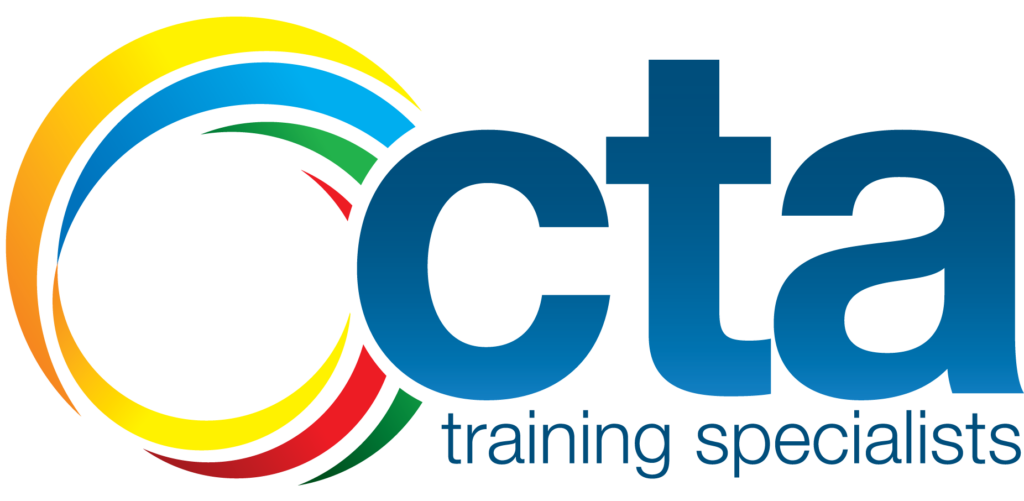Food Safety, News
How would you rate your venue’s Food Safety Culture?
As a country renowned for its culinary delights and vibrant food culture, the tragedy stemming from a seemingly innocent family lunch in regional Victoria in 2023 serves as a stark reminder of the critical importance of food safety at each stage of the food processing stages. What began as a simple meal ended in devastation with three lives lost due to poisonous mushrooms used in a beef wellington dish, the incident (which made national and international headlines) underscores the imperative for rigorous adherence to food safety standards, such as the new Food Safety Standard 3.2.2A.
According to Food Safety Australia and New Zealand (FSANZ), the prevalence of foodborne illness in Australia is staggering, with approximately 4.7 million cases reported annually. Shockingly, unsafe food contributes to nearly 48,000 hospitalisations and claims 38 lives each year. Moreover, the alarming rate of approximately 80 food product recalls annually highlights the pervasive risks posed by contamination and allergen mislabelling. A simple Google search of Food Safety headaches will show you how prevalent this problem in Australia, from local bakers to everyday suppliers for major Supermarket chains.
Not only is Food Safety more than understanding the basics behind safe preparation practices, it’s about fostering a strong Food Safety culture in your organisation. Food Safety is more than protocols and procedures; it’s about instilling the right attitudes and behaviours in everyone, from owners and managers to frontline staff. A strong food safety culture means that every individual takes responsibility, pride, and care in producing safe food, understanding the profound consequences of any lapse. This ethos demands not only the right knowledge and skills but also a genuine commitment to consistently doing things the right way, every time.

Food safety encompasses the entirety of the food processing chain, extending beyond mere preparation to encompass manufacturing, transportation, and final preparation. It necessitates a vigilant approach to identifying and mitigating potential hazards at every stage, from sourcing ingredients to serving customers.
At CTA Training Specialists, we recognise the paramount importance of equipping hospitality professionals with the knowledge and skills to uphold the highest standards of food safety. Our comprehensive courses cater to individuals at all levels, ensuring that every member of your team is proficient in safe food handling practices. Under the new standards, all businesses who serve food for consumption are likely to be classified as either a category 1 or 2 business. Regardless of your venue’s category, all staff involved in food handling must undergo basic food handling training, with each venue mandated to designate a trained Food Safety Supervisor who is onsite at all times (or otherwise reasonably available).
With over 30 years of experience in training hospitality professionals, CTA Training Specialists are industry leaders in food safety education. Train with the best in the biz with our flexible online courses, enabling your team to learn at their own pace and champion Food Safety in your venue! For inquiries regarding your venue’s specific training needs or bulk staff training requirements, please don’t hesitate to reach out to the team via email at [email protected].
